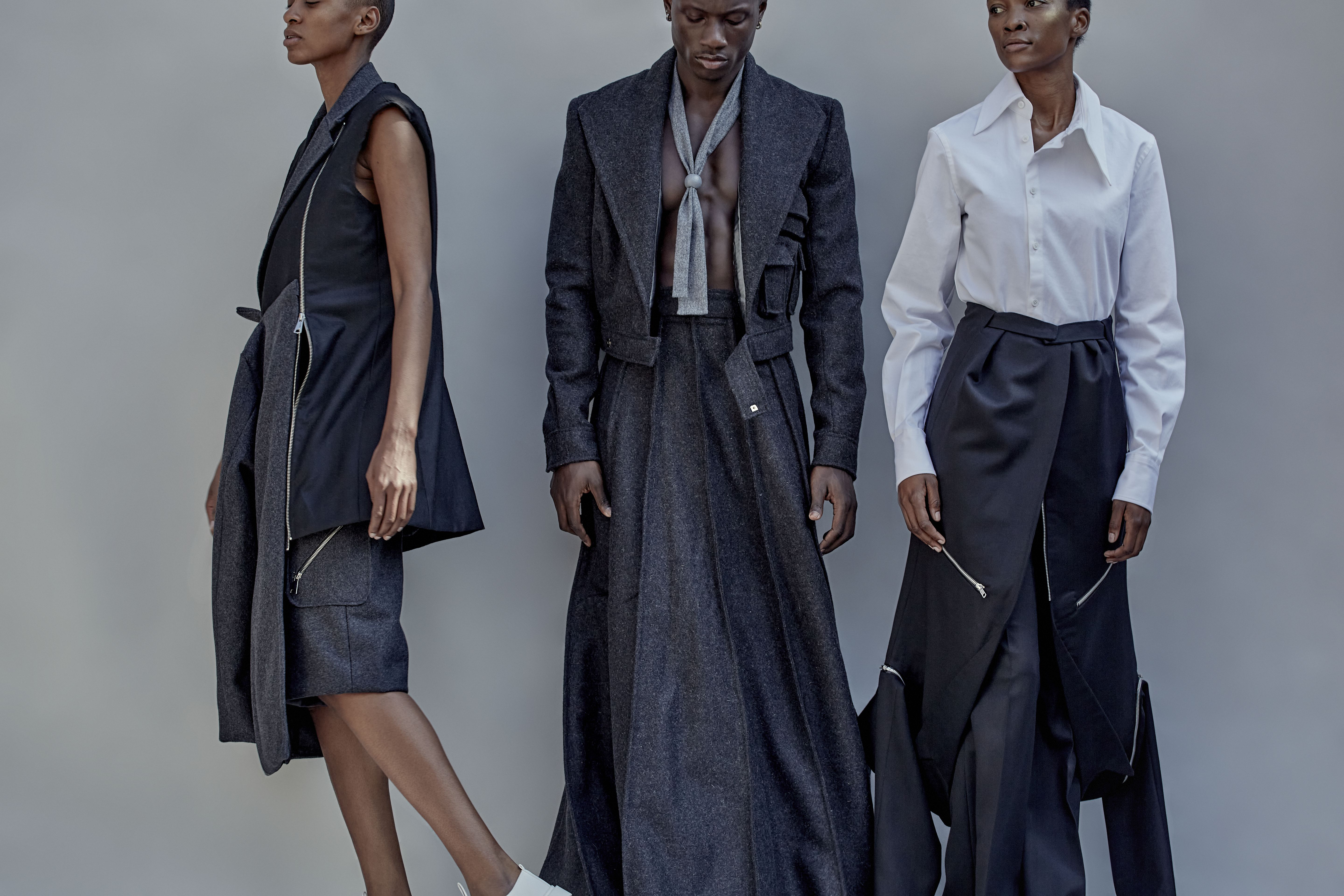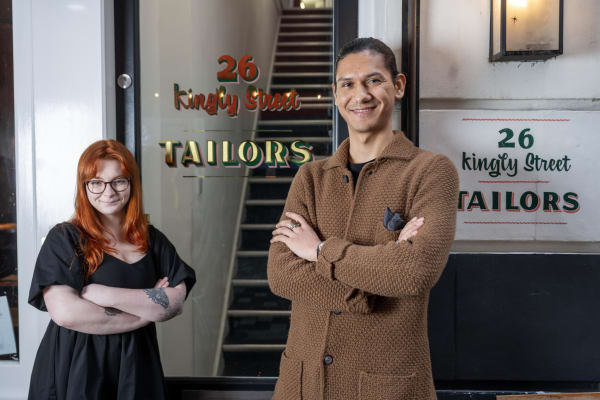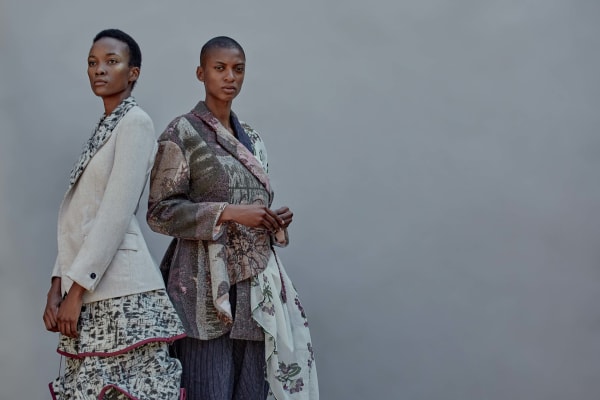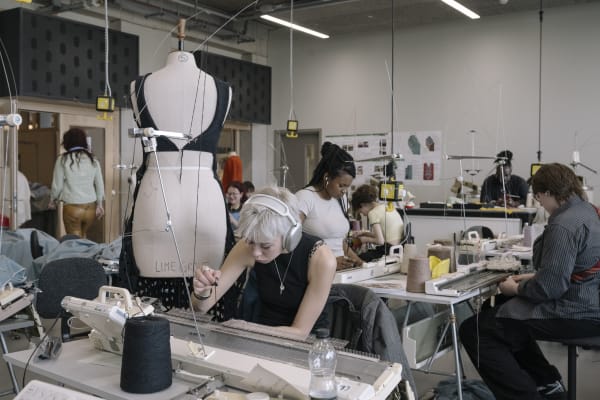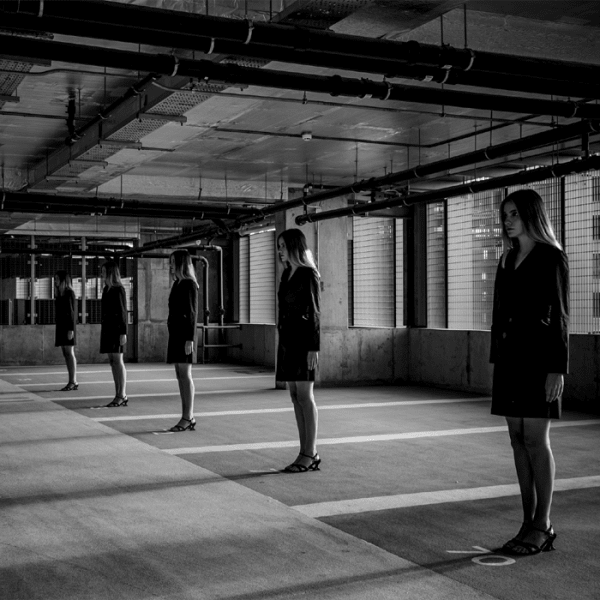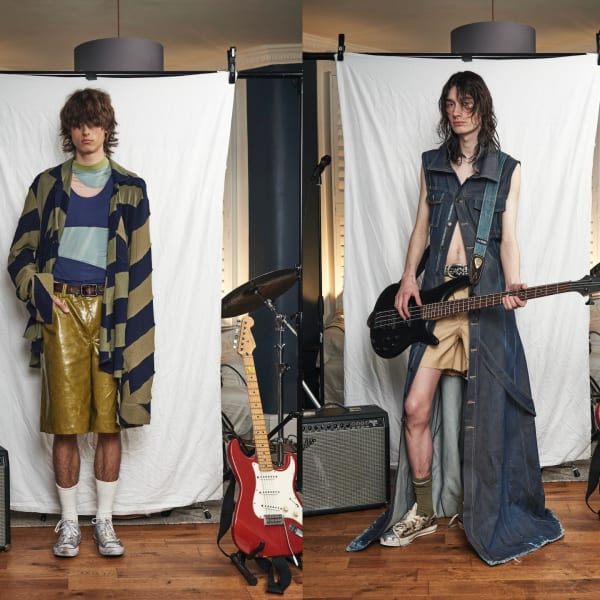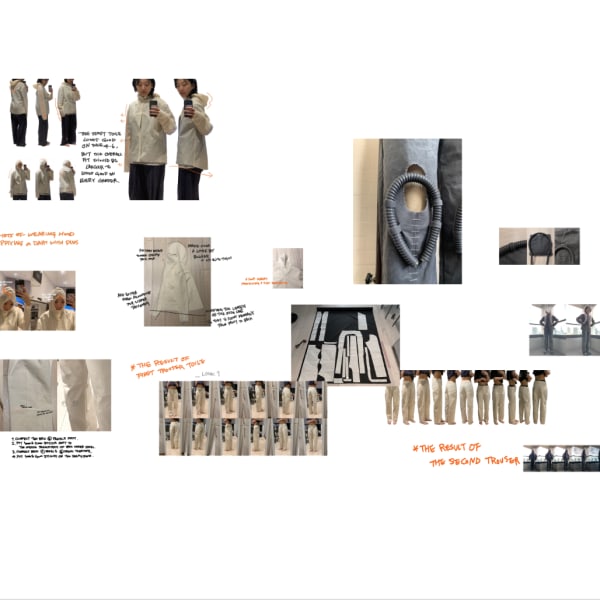Course units
Stage 1
In Stage 1 you are required to complete 120 credits at level 4 in order to progress to Stage 2.
Introduction to Bespoke Tailoring (20 credits)
This unit introduces you to your course, its subject area, and how to study effectively at undergraduate level. It will orientate you to the practices and knowledge-base needed to understand your discipline and help you to develop your skills for independent and collaborative learning, reflection and your own self development. Students come from diverse educational backgrounds, and this unit will help you reflect on your own and how it influences your approach to the course.
Tailoring Design and Identity (40 credits)
This unit will introduce you to the concept of the client, and how your cultural identity and heritage can shape this relationship, by exploring bespoke tailoring as a craft discipline that is both accessible and inclusive. You’ll learn the fundamental technical processes of bespoke tailoring, as well as foundational design principles, which will be the catalyst to your creative thinking.
Fashion Cultures and Histories (20 credits)
You’ll take a philosophical and theoretical approach to the study of fashion and its role in representing and communicating identity. Understand key ways of thinking about fashion across its cultural, historical, social and political contexts. Engage in debate and analysis of fashion as a key marker of social and cultural change and a means of understanding the relationship between individuals and communities.
Cutting and Fitting (40 credits)
This unit will broaden your understanding of craftsmanship through bespoke tailoring, by questioning its cultural and historical context, in response to a simulated client. It will provide you with an opportunity to further develop your technical knowledge through the principles of drafting, cutting, canvasing and fitting of a bespoke tailored garment to a set of body measurements.
Stage 2
In Stage 2 you are required to complete 120 credits of which a minimum of 100 must be at level 5.
Critical Issues in Fashion Research (20 credits)
Expand your critical understanding of fashion in a global context and examine emerging debates in fashion research. You’ll engage in collaborative research around current and emerging cultural issues and be guided through approaches to researching and writing about fashion across its social, historical, political and cultural contexts, building on the first-year unit Fashion Cultures and Histories. During this unit, you’ll develop your own independent research path and interests.
Future Artisans (40 credits)
This unit will challenge you to explore your position as a future artisan. Through your investigation you’ll propose innovative design solutions to modern living by questioning the evolution of bespoke tailoring in relation to the global impact of climate emergency and/or social justice issues. You’ll consider authentic sustainable or technological outcomes connected to your specialism by designing for longevity. Through the exploration of innovative processes, materials, or artisanal practices, you’ll be encouraged to support your research and design development.
Industry Project (40 credits)
This unit will enable you to develop a personal response to a live or simulated brief within an industry context. You’ll be expected to evaluate and justify your decisions as you develop and select appropriate outcomes for a specified company, organisation or brand. Building authentic client profiles will help you identify how a brand might capitalise on a new audience, opportunities, or approach.
Industry Experience (20 credits)
This unit will help you to enhance your professional, interpersonal and organisational skills, allowing you to explore opportunities for your future career pathway. This experience will prepare you for entry in a world-class bespoke tailoring setting, global ready-to-wear brand or in setting up an independent label.
Optional Diploma Year
CCI Creative Computing
Between years 2 and 3, you can undertake the year-long Diploma in Creative Computing. This will develop your skills in creative computing alongside your degree. After successfully completing the diploma and your undergraduate degree, you’ll graduate with an enhanced degree: BA (Hons) Bespoke Tailoring (with Creative Computing).
CCI Apple Diploma
Between years 2 and 3, you can undertake the year-long Diploma in Apple Development. This will give you an opportunity to become an accredited apple developer alongside your degree. After successfully completing the diploma and your undergraduate degree, you’ll graduate with an enhanced degree: BA (Hons) Bespoke Tailoring (with Apple Development).
Stage 3
In Stage 3 you are required to complete 120 credits at level 6.
Contextualising practice (20 credits)
Through a research-led, extended essay, you’ll build on your historical and theoretical understanding of fashion, addressing critical debates and concerns raised through your course. After identifying a topic relating to your field of practice, you’ll complete an independent research project, underpinned with cultural and critical theory.
Major Project Development (40 credits)
This unit will provide you with the opportunity to explore, disrupt and consolidate authentic research themes. You’ll thoroughly test ideas and concepts through experimentation, sampling, design development and execution of first fittings in preparation for the Major Project Realisation unit. Project outcomes will be varied depending on your interests and career aspirations, consolidating your development in the form of a visually stimulating and informative sketchbook and supporting written statements.
Major Project Realisation (60 credits)
This final unit is your chance to combine creative, intellectual, entrepreneurial, and practical skills initially developed over the previous unit. Following technical fittings with your client(s) and ongoing sampling and material testing, you’ll identify the strongest outcomes to generate a fully resolved bespoke tailored collection and professional portfolio - ready to present to industry or postgraduate study.
A 20-credit unit is approximately equivalent to 200 hours of learning time, which includes a mixture of taught time, independent study and assessment.
All students are entitled to a tutorial package that consists of:
- one induction tutorial (group or one to one);
- one personal tutorial per block for the duration for their course of study at LCF;
- group tutorials as required;
- an appropriate level of confidentiality.
